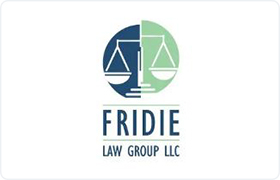Winslow Divorce & Family Law Lawyer, New Jersey
Sponsored Law Firm
-
 x
x

Click For More Info:
-
Fridie Law Group L.L.C.
101 Route 130 Suite 306, Madison Building Cinnaminson, NJ 08077» view mapDivorce & Family Law We Fight For Your Rights
Reach out to us today for legal help on your case. We're available for free consultations and return all calls and emails within 24 hours.
800-859-9690
FREE CONSULTATION
CONTACTBrian G. Howell
Family Law, Wills & Probate, Land Use & Zoning, Premises Liability
Status: In Good Standing Licensed: 45 Years
 James Fridie Cinnaminson, NJ
James Fridie Cinnaminson, NJ Practice AreasExpertise
Practice AreasExpertise
